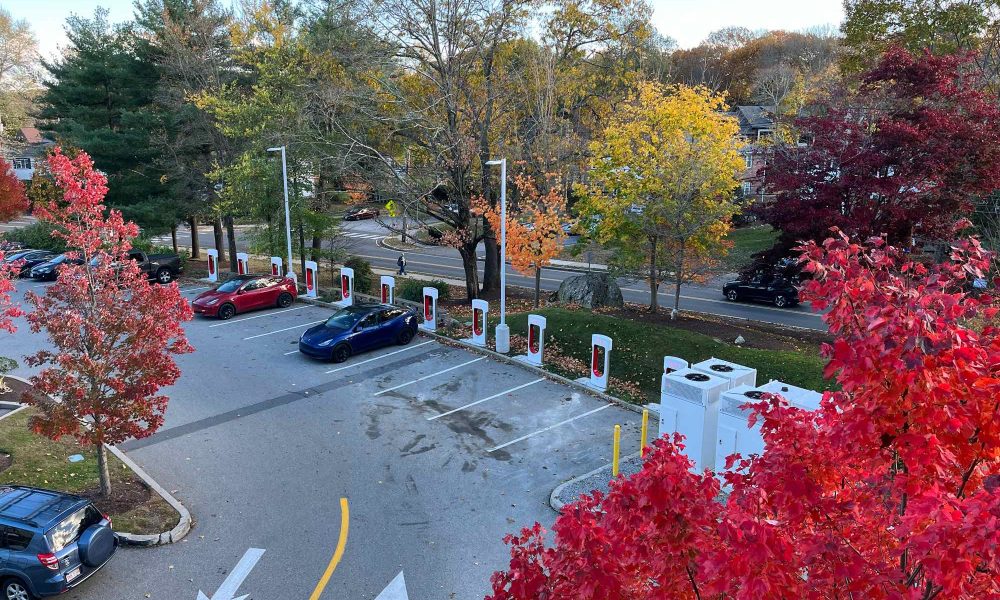Elon Musk’s lawsuit against OpenAI and CEO Sam Altman has cleared a major hurdle. Judge Yvonne Gonzalez Rogers of the Northern District of California recently rejected OpenAI’s bid to dismiss the case, setting the stage for a high-stakes trial over the AI giant’s for-profit conversion. The ruling intensifies the rivalry between two tech titans vying for dominance in artificial intelligence (AI).
Elon Musk is an OpenAI co-founder who provided significant early funding. In the lawsuit, Musk alleged that OpenAI’s shift from a non-profit to a for-profit entity violates contractual obligations and constitutes fraud. Last year, The lawsuit was filed against Altman, OpenAI, and its key investor, Microsoft, aiming to block the conversion to a for-profit company.
In March, a ruling denied Musk’s request for a preliminary injunction. However, Judge Rogers recently expedited the trial and set it for March 2026. On Thursday, she dismissed some claims but upheld key allegations, allowing the case to proceed.
“Musk adequately alleges that the defendants promised to maintain OpenAI’s non-profit status and structure in order to obtain his contributions and that they intended to do so in order to obtain the capital needed to create a for-profit venture to enrich themselves,” Gonzalez Rogers wrote.
She also rejected OpenAI’s attempt to dismiss Musk’s claim of an implied contract. “Although there is no express contract, Musk adequately pleads in the alternative that there is an implied-in-fact contract,” the California judge noted.
“In the world of litigation, this is a big win,” said a person close to Musk, highlighting the retention of “big-ticket items” like the fraud allegation.
OpenAI, which can appeal the decision, countersued Musk last month. It claims Musk’s lawsuit is a “bad-faith” effort to hinder its progress and benefit his AI venture, xAI.
OpenAI’s push to become a for-profit public benefit corporation aims to streamline fundraising but has sparked a backlash from AI experts like Geoffrey Hinton. Former employees warn that OpenAI’s change of direction could prioritize profits over its mission to advance AI for humanity’s benefit.
Financial Times attempted to contact OpenAI and its biggest investor, Microsoft. OpenAI declined to comment, and Microsoft did not respond.
As Elon Musk and OpenAI head toward trial, the outcome could reshape the AI landscape, with implications for governance, innovation, and the balance between profit and public good.

